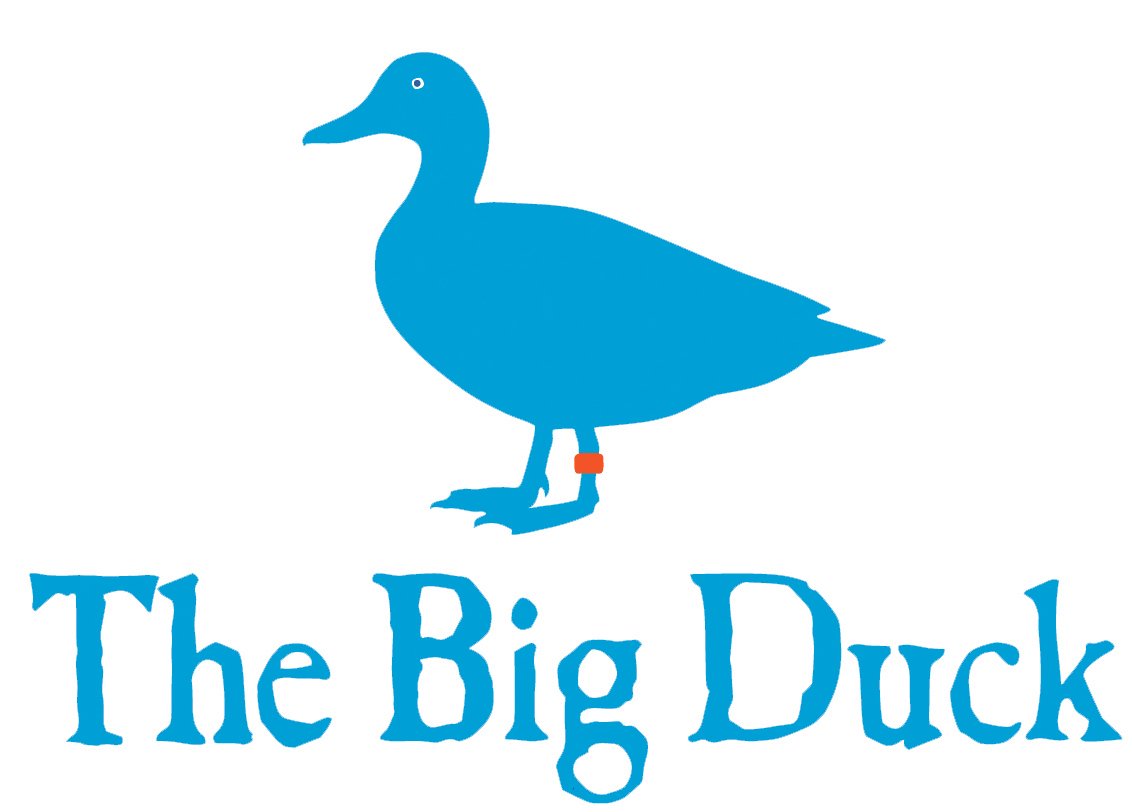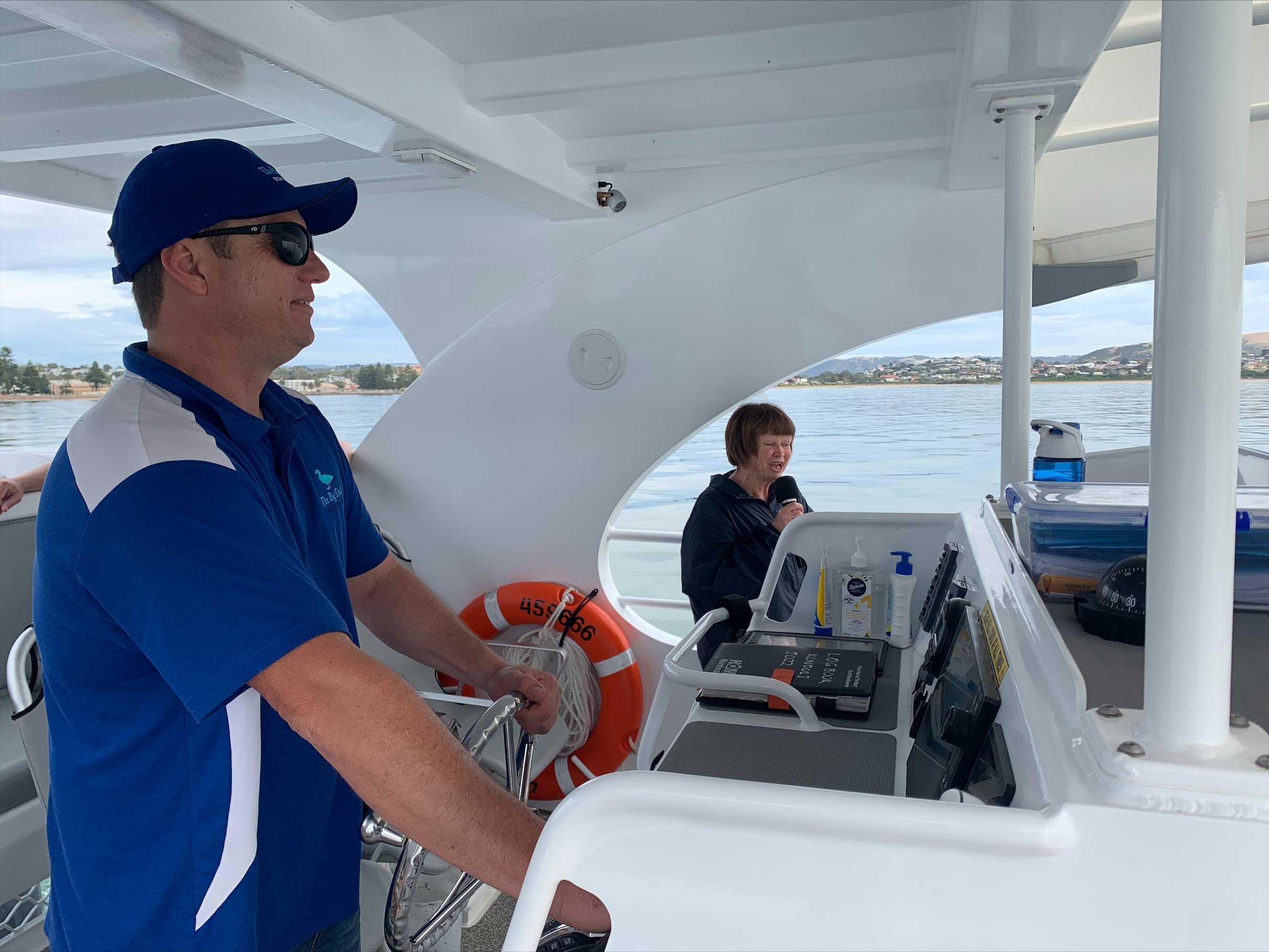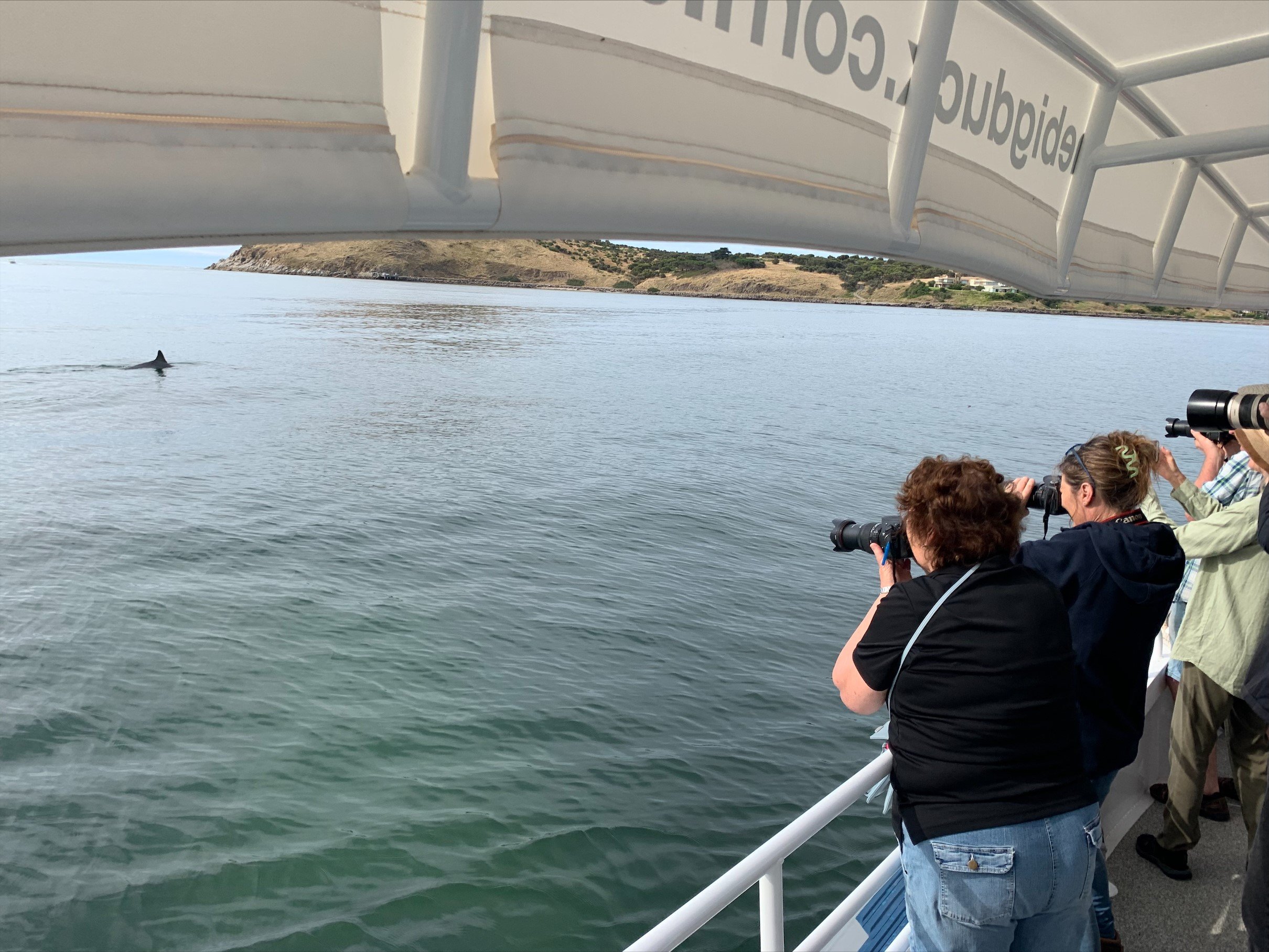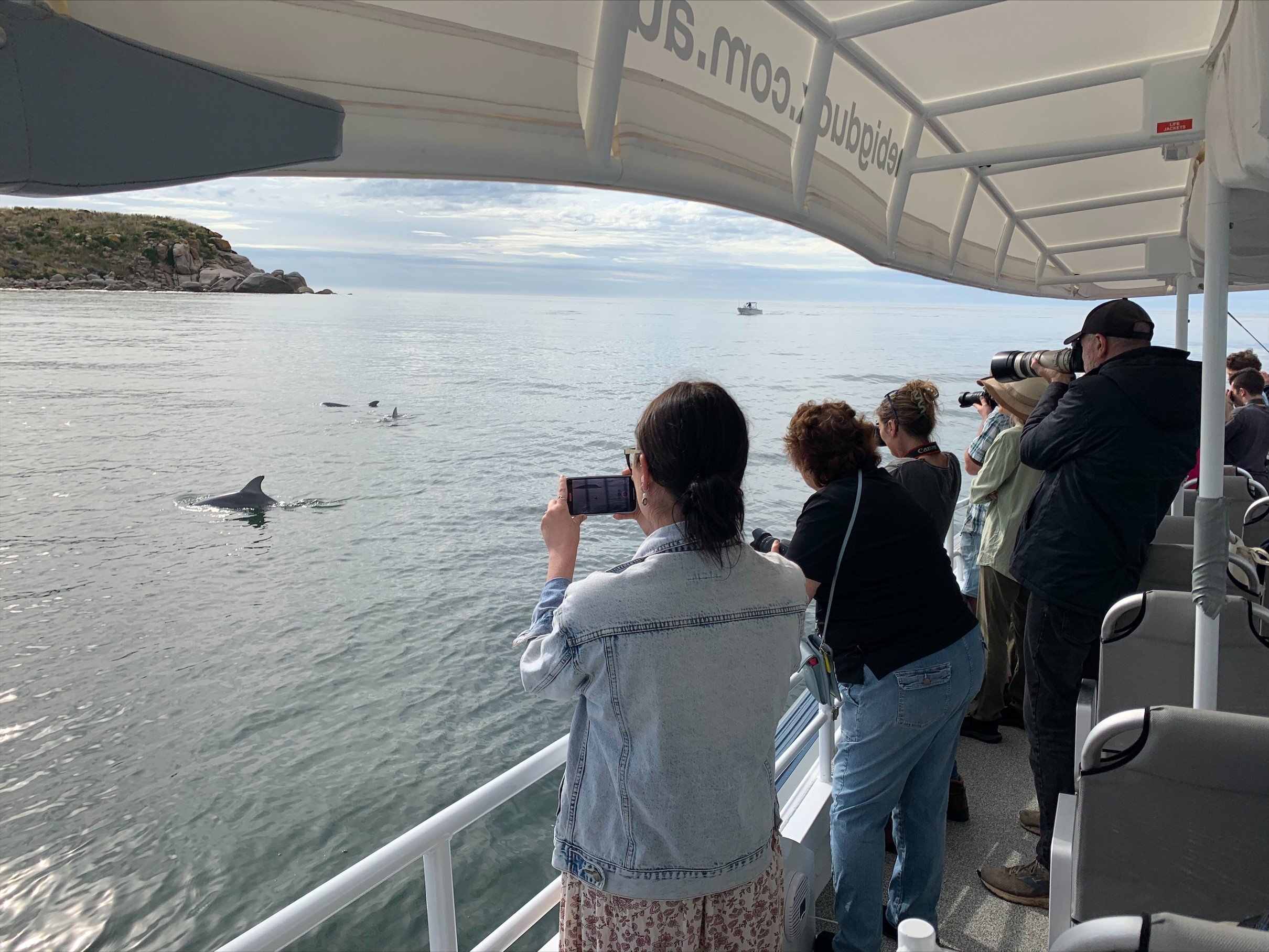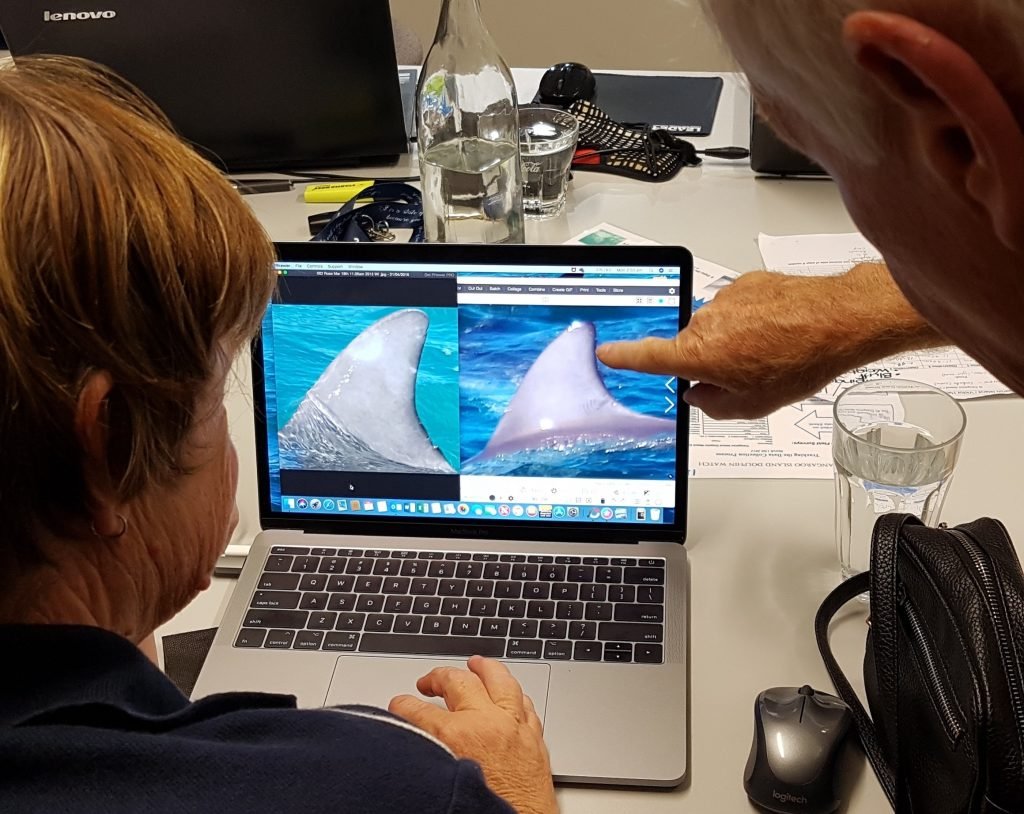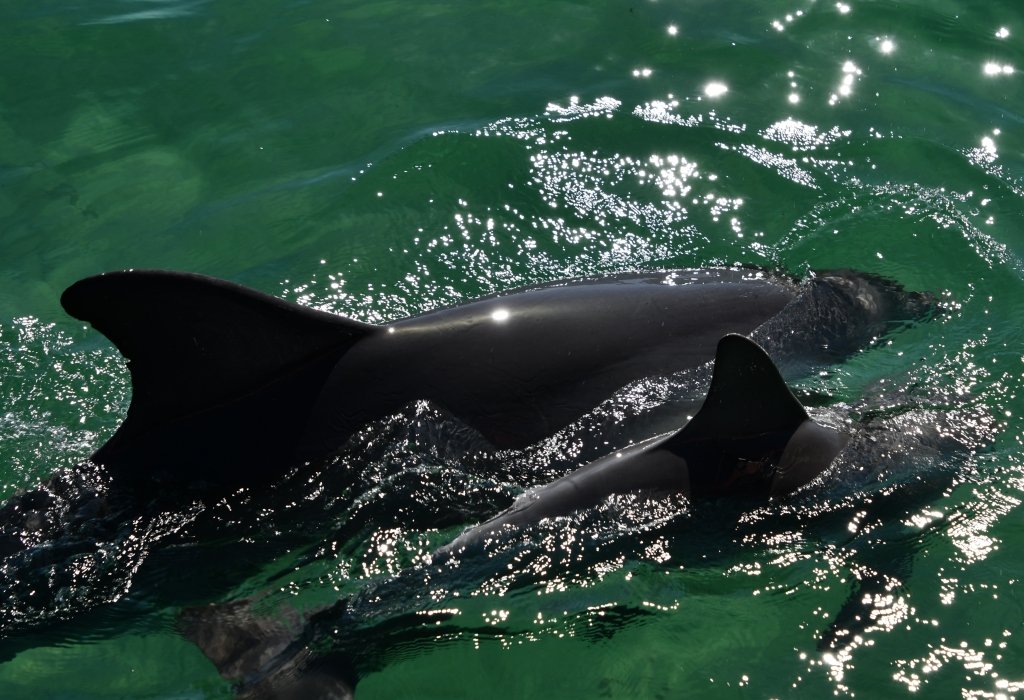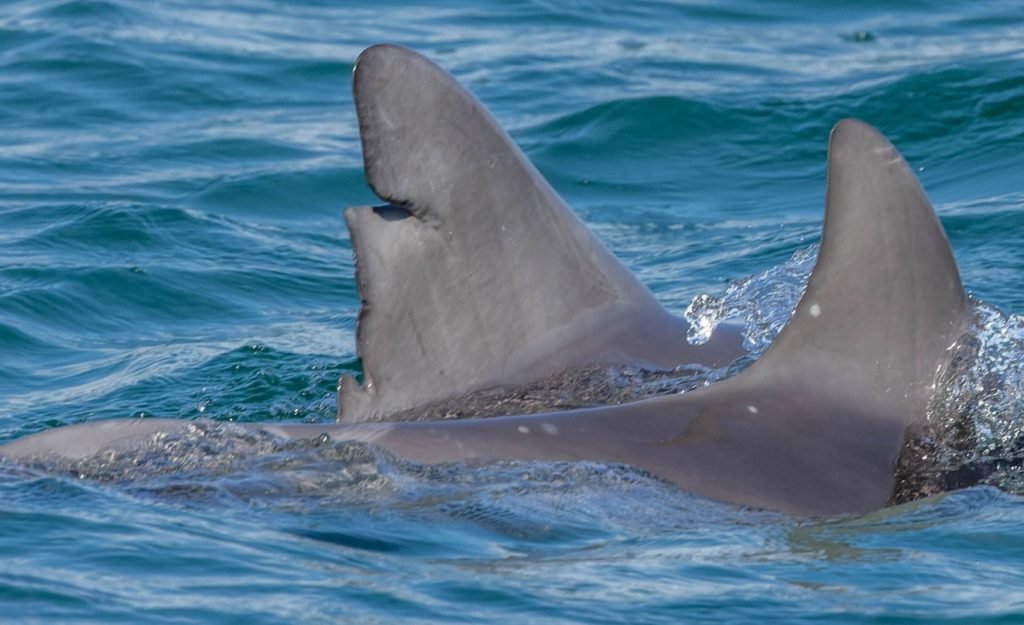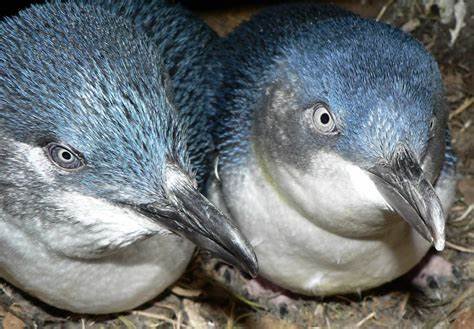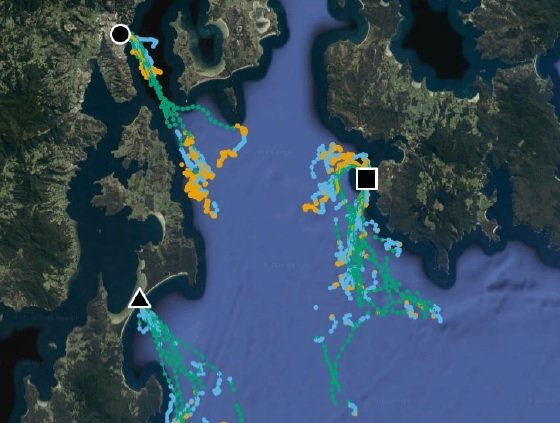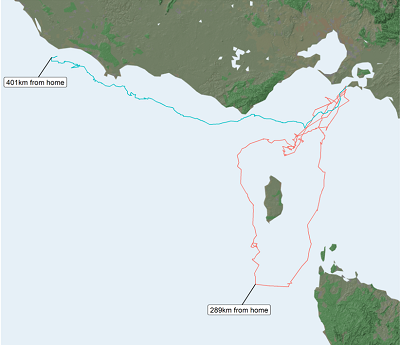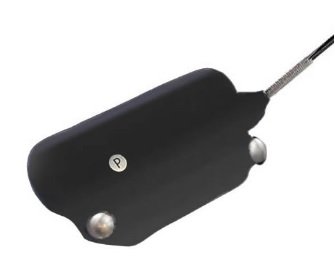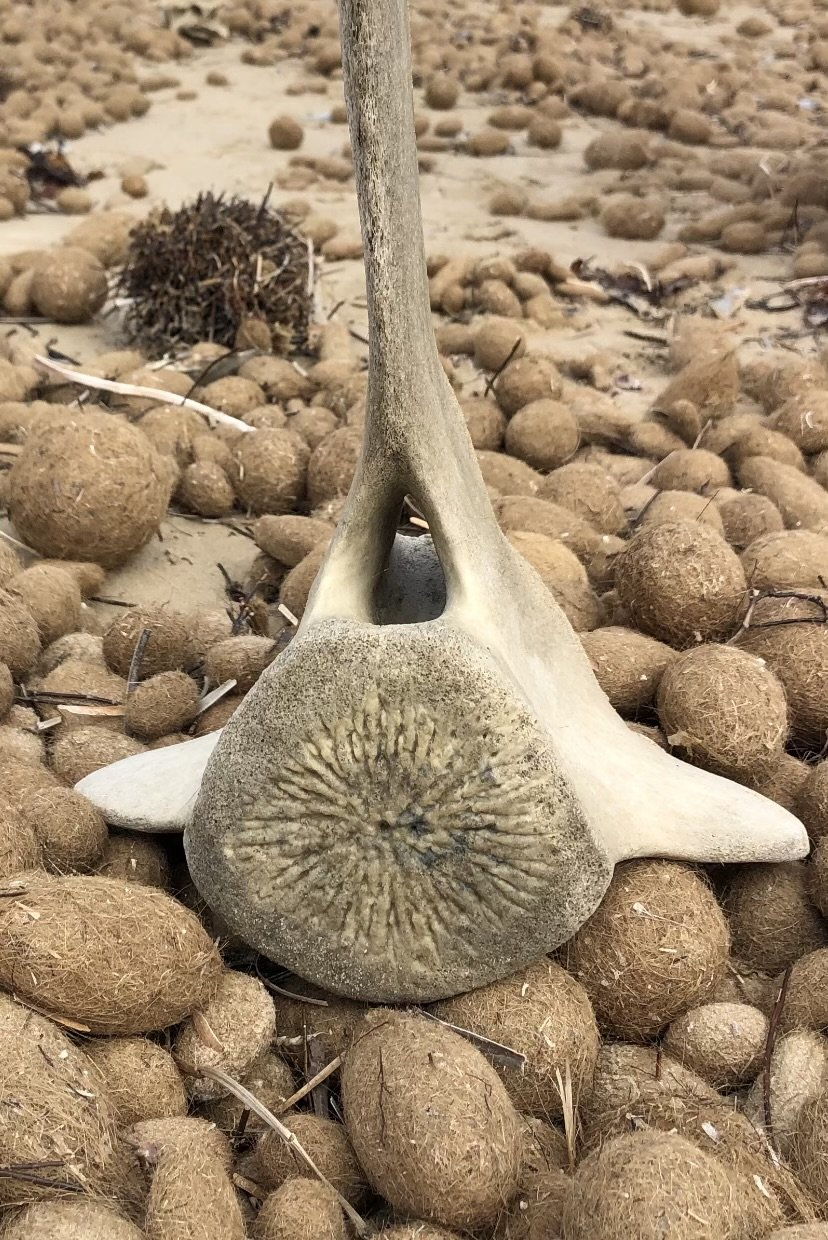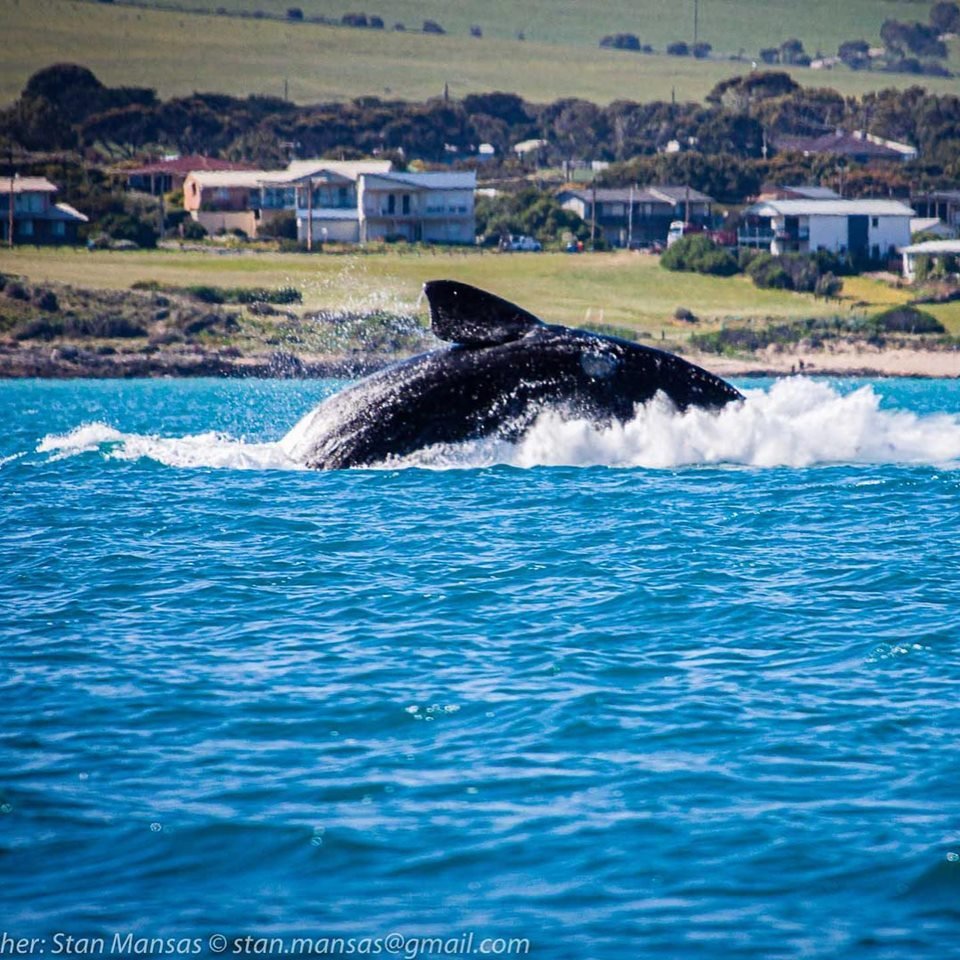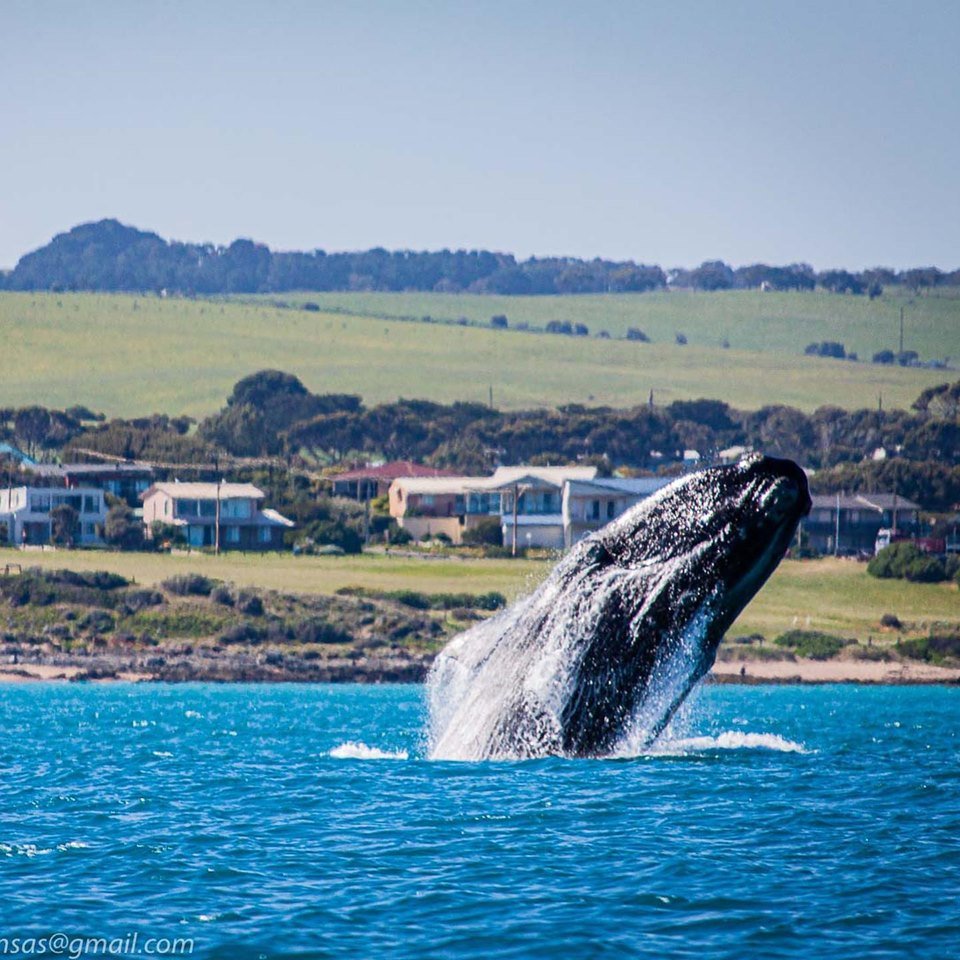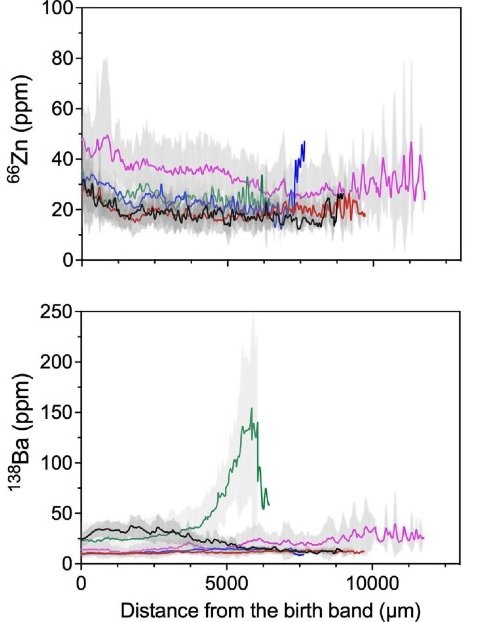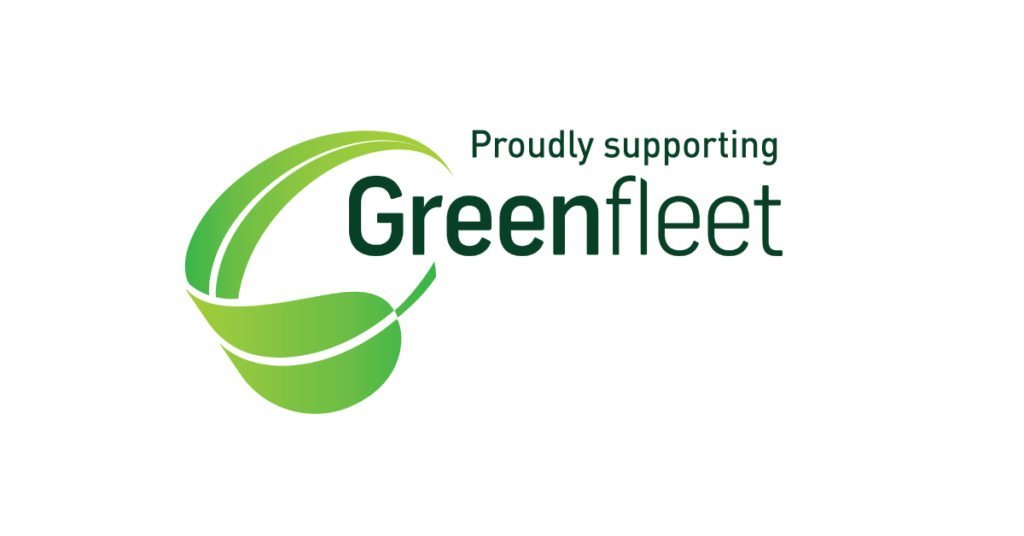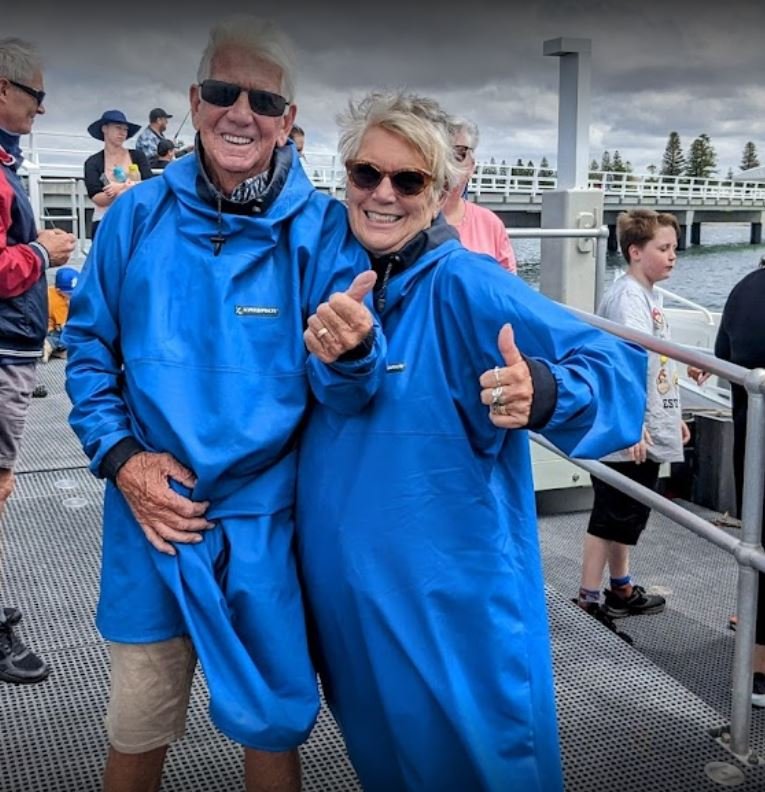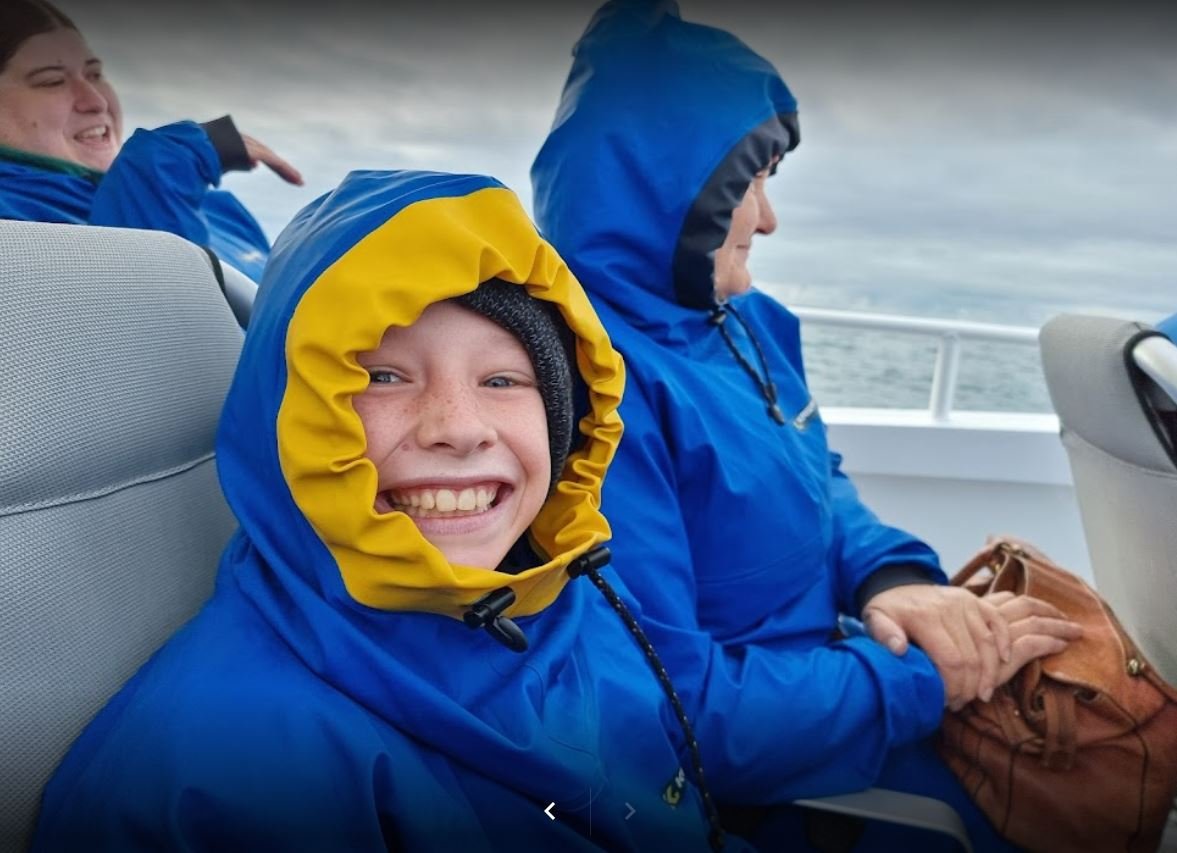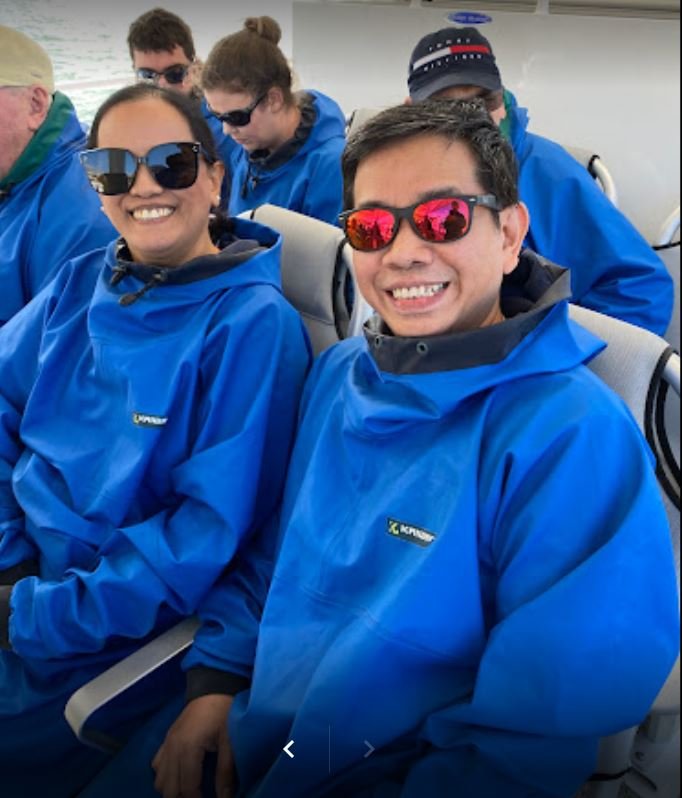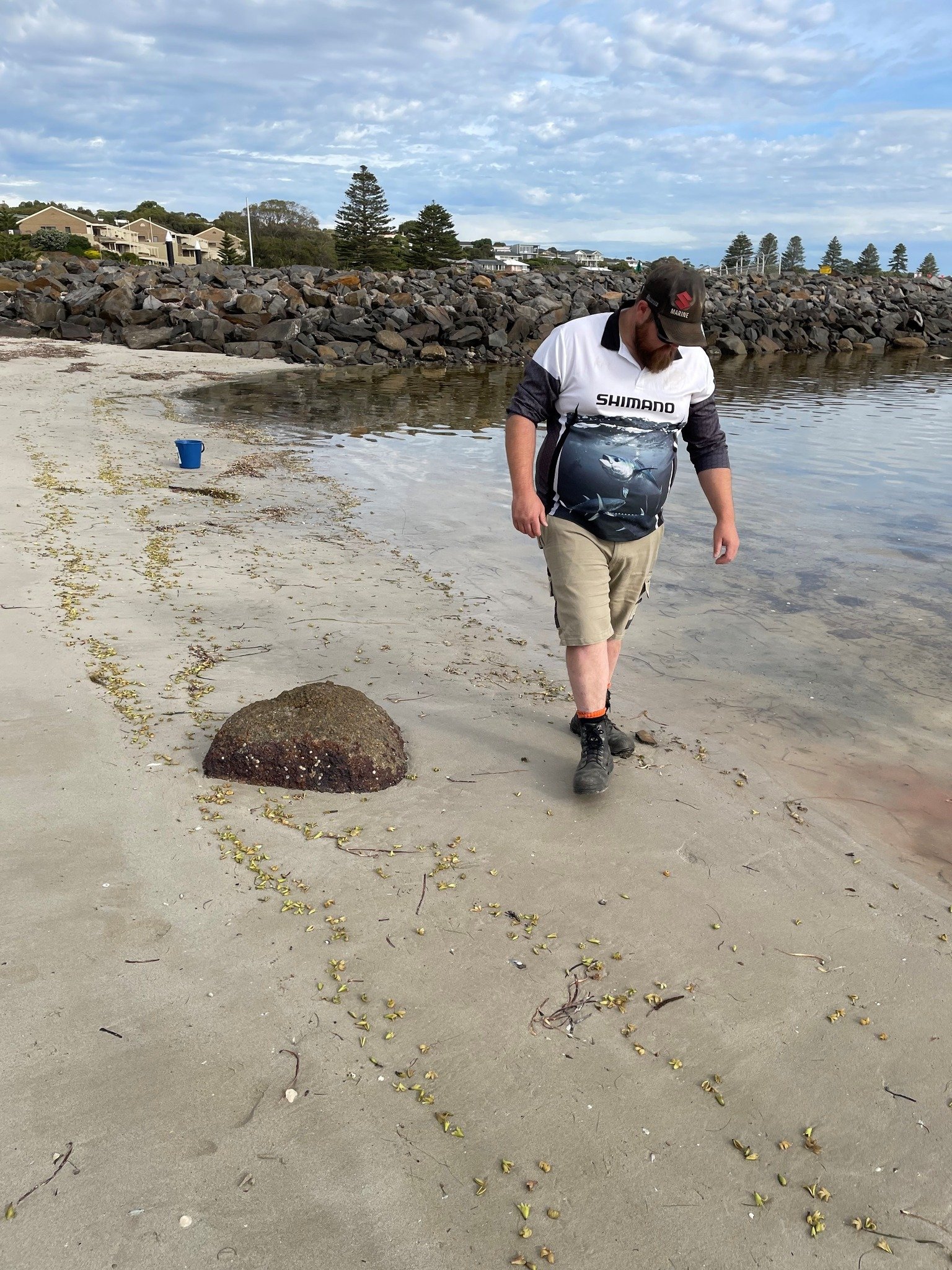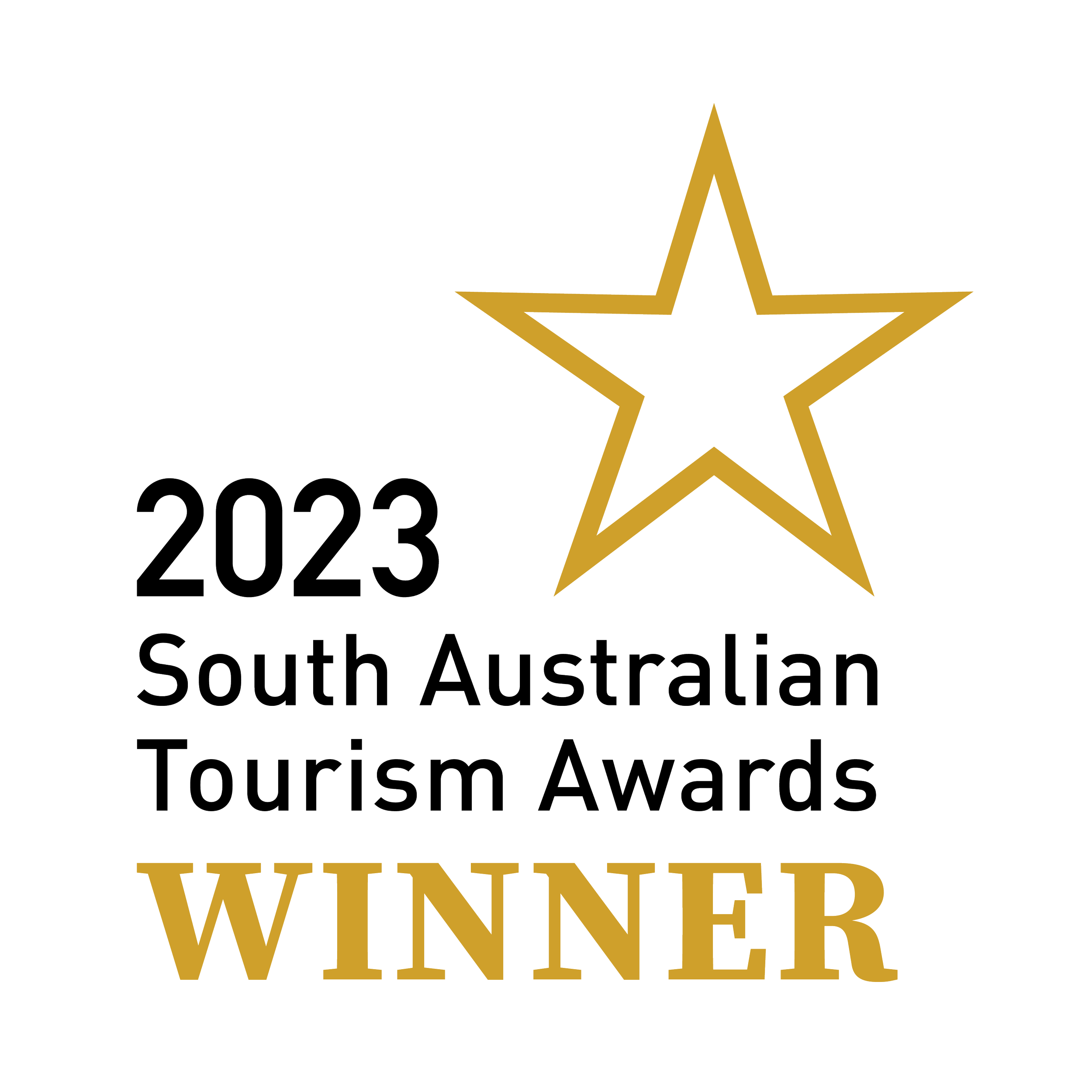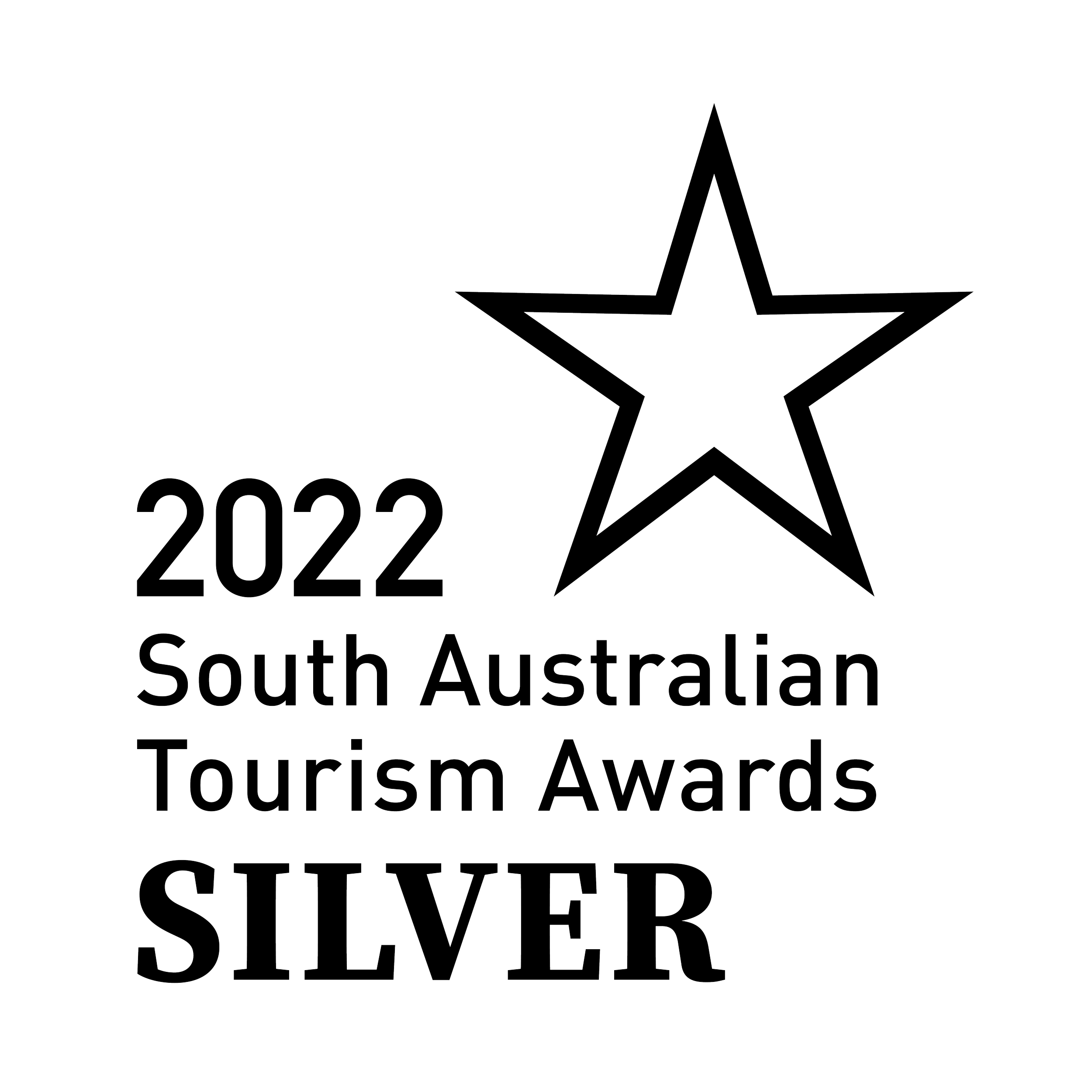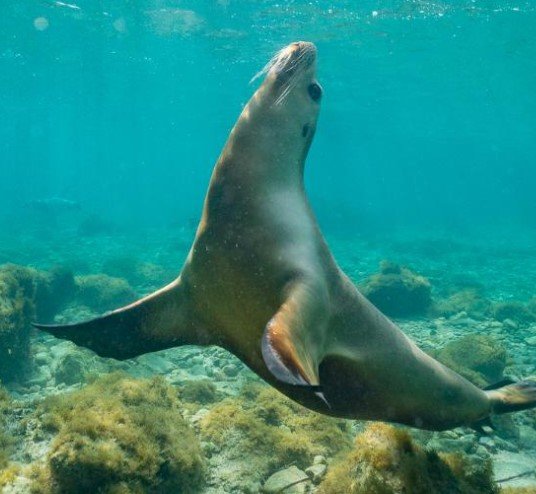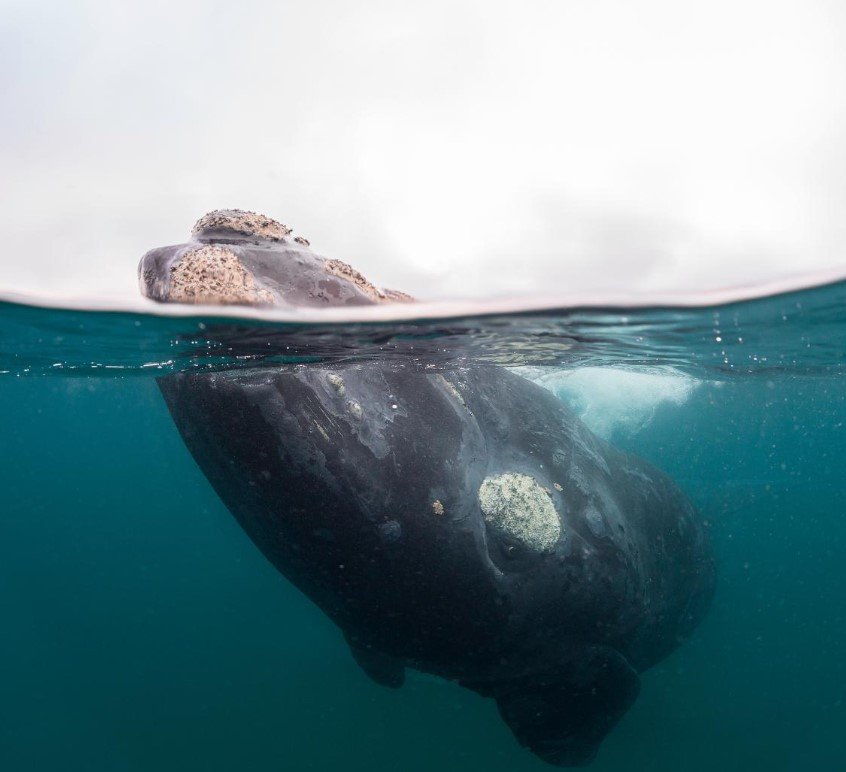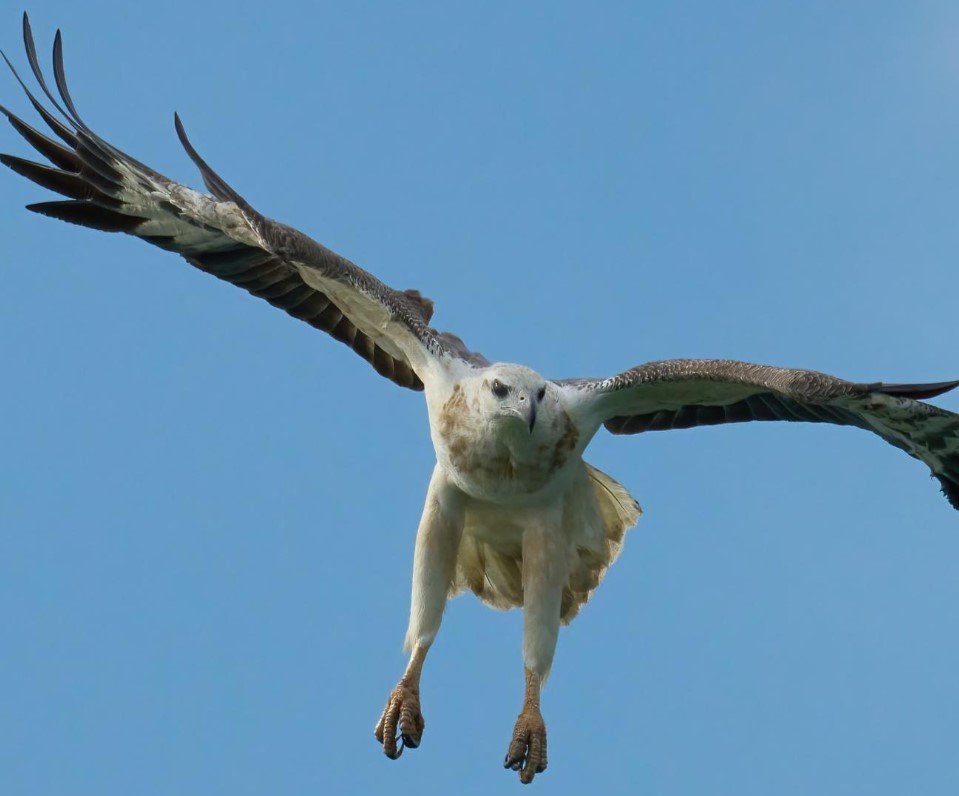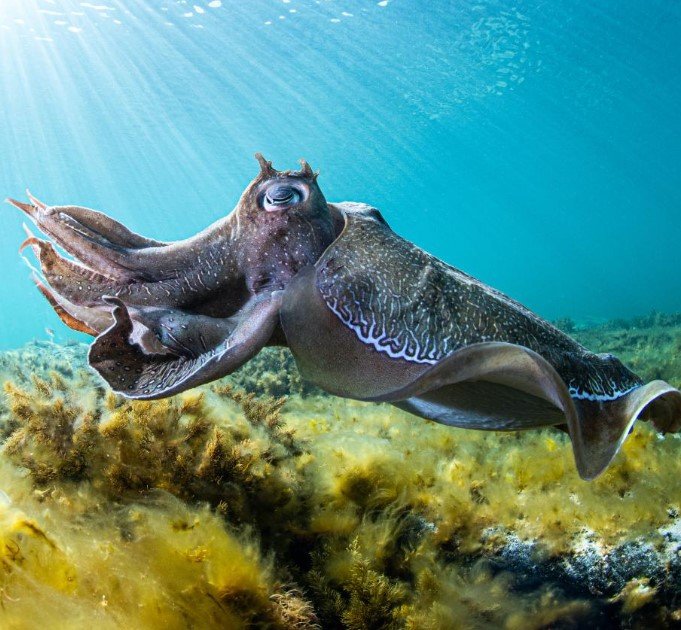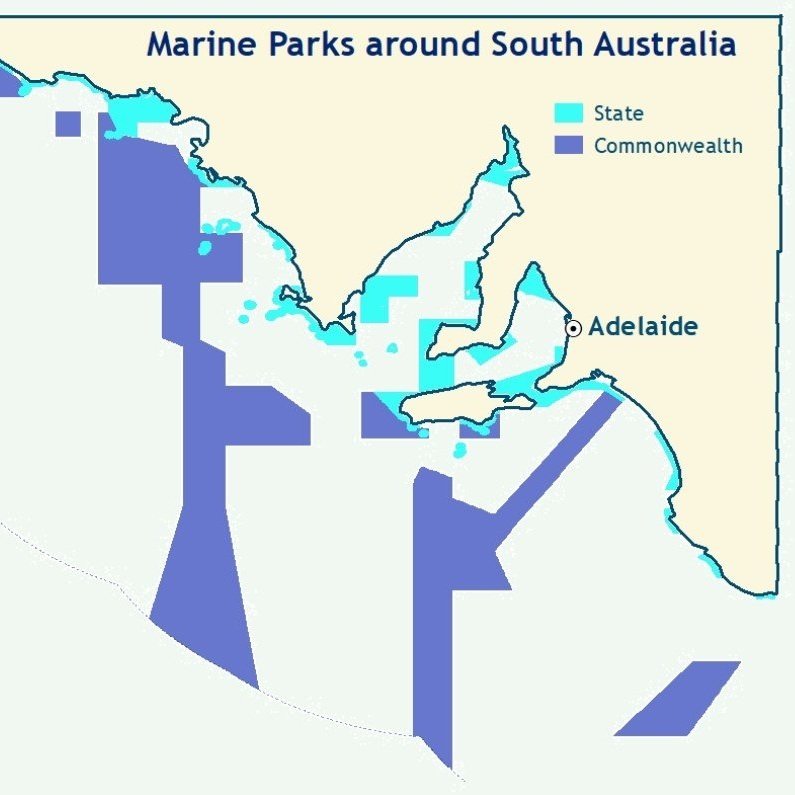Environmental & Research Project Initiatives
Big Duck Environment and Conservation Philosophy
Big Duck Boat Tours has established the highest level of nature-based tourism experiences in the Encounter Bay Sanctuary Zone of the Encounter Marine Park. Our primary mission is to increase greater awareness and appreciation of our local Marine Park and its surrounding waters while operating responsibly and sustainably. After our tours, passengers should have an understanding of sensitive interaction with our waterway and have a better ability to make the correct decisions on climate change and pollution issues. We believe in fostering passion, demonstrating best practice, and giving passengers pathways to assist in helping the greater conservation of the planet through interpretation, information and access to specific links to different action groups.
Advanced Eco-Certified
We are an advanced ecotourism certified business; this means we are one of Australia’s most leading and innovative ecotourism business. Among many things, we are committed operate with minimal impact on the environment, provide opportunities to learn about the environment, use resources wisely, contribute to conserving the environment and help local communities, respect local culture and heritage
World Leading Marine Mammal Eco Tourism
During our 2021 winter whale season - The Big Duck particpated in a study to determine impacts of vessel-based whale watching on Southern Right Whales behaviour and look at vessel noise. The Study was undertaken by Kate R. Sprogis with Aarhus University, University of WA, Department of Envronment & Water & Univertity of La Laguna.
Southern right whales (Eubalaena australis) are listed as Endangered under the Australian EPBC Act . They migrate to shallow, coastal waters during the winter to mate, calve and nurse their young. During this time, they are easily accessible to the boat-based whale-watching industry. The aim of the study was to determine if whalewatching at 300 m distance affects the behaviour of southern right whales. To achieve this, behavioural focal follows on mother-calf pairs were conducted using unmanned aerial vehicles (UAVs) in the presence and absence of a commercial whale-watching vessel. There was no significant effect of phase (control, before, during, after) on the whales’ respiration rate, swim speed, nursing rate and duration, maternal rate of active behaviours, tactile contact or calf pectoral fin contact.
The results of the vessel noise sampling and whale behaviour research has infulenced ‘The Big Duck’ operating procedures to makes us world’s best practice.
Dolphin Watch
Dolphin Watch is a community volunteer program that monitors dolphin populations in Victor Harbour & Kangaoo Island. Dolphin Watch collects vital baseline data that can be used to inform practice globally to better protect dolphin species. Monthly, before our public tours, The Big Duck takes Dolphin Watch scientists and volunteers out on the water to collect valuable data on dolphin populations & activities. The Big duck provides a reliable platform for Dolphin Watch to continue research on Bottlenose and Common Dolphins from our vessel.
An additional initiative for 2024 - We now have an optional $5 donation button added to our online tour booking process. Since we introduced the donation option we have been amazed by our incredible passengers/guests in donating to such an important citizen science progam. 100% of donations are forwarded direct to KIVH DOLPHIN WATCH.
$2090 donated
Through optional donations by our awesome customers with online tour bookings. Since January 2024.
Bird Watch
In conjuction with our Dolphin Watch cetacean surveys we now also have Birdlife Australia undertaking Sea Bird surveys on our offshore islands in the Encounter Marine Park.
Seeds For Snapper
Oz Fish has been leading sea-grass restoration across Australia and has been influential in restoring degraded sea grass meadows. Unfortunately, thousands of hectares have been lost from South Australia’s coastline having large impacts on native fish populations. That’s why we need to partake and continue to support projects like Seeds for Snapper. Oz fish volunteers and partner organisations such as the Big Duck aid in the process and monitor the trial sites. The Seeds for Snapper Project arrived on Adelaide metropolitan beaches in 2020 and expanded down to the Fleurieu coastline in 2022. The Big Duck was proud to be involved in chartering the SFS crew and volunteers to restoration sites where they deployed 150 biodegradable sandbags full of seedlings.
Little Penguin Tracking Project
The Big Duck is directly supporting a project that aims to use miniature satellite-linked and GPS tags to track Little Penguins (Eudyptula minor) and examine their movements in relation to the Murray River Outflow. Little Penguins are the smallest of the penguin species and play an important role within the marine ecosystem. Unfortunately, since the early 2000’s, local Little Penguin populations have experienced radical declines. Recent work, however, has suggested there may be a link between the outflow of the Murray River and the stability of local penguins populations. We hope to better understand this relationship via the penguin’s movement to help assist in stabilizing their populations for the future. Besides, they are super cute!
This project is being done in collaboration with animal movement ecologist Dr. Jonathan Werry and penguin ecologist Dr. Diane Colombelli-Negrel from Flinders University.
Source: Satellite and GPS example little penguin tracks from “Protecting little penguins with Phillip Island Nature Parks - Argos (argos-system.org)” and Phillips et al. (2019). Variability in at-sea foraging behaviour of little penguins Eudyptula minor in response to fine-scale environmental features. MEPS Vol 627: 141-154.
Whale Bone Research: Historical Movement
The Big Duck is supporting innovative research into the historical movement patterns of the Southern Right Whale (Eubalaena australis), with a particular emphasis on the Victor Harbor/Encounter Bay temporal residency area. The Southern Right Whale is a large baleen whale (up to 18ms in length) that migrates between the sub-Antarctic and the southern shores of Australia. Groups of individuals within the population return to the same specific coastal locations along Australia to have their calves and mate. In the early to mid 1800’s whaling stations targeted these groups of whales, which often led to localised extinctions. It was almost 100 years before Southern Right Whales were seen in Victor Harbor after local whaling finished in the mid 1800’s.
From time to time, bones from some of these processed whales are sighted underwater or washed into the shallows after big seas. Recent advancements in chemical analyses using lasers across bones allow some amazing insight into an animal’s prior movements, habitats they used as well as feeding locations. In this project we are running a laser across the vertebrae of large Southern Right Whale bones sourced underwater in Victor Harbor and Encounter Bay. A bit like reading the rings of a tree, this new chemical analysis will enable us to look at the historic movements of individual whales over their entire lifespan. We are hoping this project will provide new insights in the species movement and their periods of temporal residency between the sub-Antarctic and coastal Australian waters.
This project is a collaboration with Dr. Jonathan Werry and Professor Susan Bengston-Nash from Griffith University.
Source: Example LA-ICPMS plots from Livernoise, M.C., et al. (2021). Front. Mar. Sci., Sec. Marine Megafauna Volume 8 - 2021 | https://doi.org/10.3389/fmars.2021.704134
Glossy Black Cockatoo
A percentage of your ticket purchase goes back into the re-vegetation of Sheoak trees in Deep Creek National Park. Due to this re-vegetation project and ongoing support, the first Glossy Black Cockatoo was spotted back in the Deep Creek National Park in 2022 for the first time since the 1970s (DEW, 2022).
Deep Creek Conservation Park is the largest area of remaining natural vegetation on the Fleurieu Peninsula and is home to our native Southern Brown Bandicoots, short beaked echidnas, and Southern Emu-wrens. It was once home to the Glossy Black Cockatoo, however rabbit grazing prevented Sheoak trees from regenerating, diminishing them of their habitat and food source. For the last 50 years, the Glossy Black Cockatoo has only been seen on Kangaroo Island. We proudly support this program to help protect and increase population numbers of the Glossy black cockatoo and bring them back to the Fleurieu!
Tourism Emissions Reduction Commitment
The Tourism Emission Reduction Commitment (TERC) program is a multi-stage initiative designed assist tourism businesses reduce their environmental impact by measuring and managing their carbon footprint. It provides businesses with tools and support to develop and implement emission reduction plans.
Click the CO₂ icons above to view our latest Operational Emissions Report and GreenFleet Carbon Offset Contributions for the 2024–2025 Financial Year.
We are proud to partner with Greenfleet to offset 100% of the operational emissions generated by the running of The Big Duck through native reforestation initiatives. In addition, we’ve purchased further offsets using customer contributions, allowing us to go beyond carbon neutrality.
2024-2025 Carbon Footprint
The Big Duck is a Carbon Negative, Climate Positive Business—removing more carbon dioxide from the atmosphere than we emit. This commitment goes beyond net-zero; we are actively contributing to a net reduction in atmospheric carbon, helping to protect our climate and natural environment for future generations.
Our Commitment to Carbon Offsetting
At The Big Duck, we offset carbon emissions generated by our vessels, office operations, staff commuting, waste, and general day-to-day activities. We achieve this through a combination of in-house native tree planting and contributions to Greenfleet, a leading not-for-profit environmental organisation.
How It Works:
Funds donated in relation to our emissions calculations are directed to Greenfleet to plant legally protected native forests. These trees are carefully calculated to match the volume of emissions we generate as a business, making our operations not just carbon neutral—but climate positive.
Our skippers & crew also actively participate in local tree-planting initiatives across regional South Australia. These efforts not only support our carbon offset goals but also contribute to the revegetation of local landscapes, improve biodiversity, and restore habitat for vulnerable native species.
Why We Choose Greenfleet?:
Greenfleet has:
🌳 Planted over 10.3 million native trees
🌿 Created more than 550 biodiverse forests
🌏 Offset 4.4 million tonnes of carbon emissions
That’s a serious step in the right direction for Australia’s climate and ecosystems.If you’d like to offset your own carbon footprint, you can do so directly at: 👉 greenfleet.com.au/offset-your-emissions
Together, we can protect the Fleurieu Peninsula and beyond—one tree at a time.
🌿 Additional Initiatives
We invite our passengers to add a small $2 carbon offset contribution when booking online.
💯 100% of these donations go directly to Greenfleet to purchase additional carbon offsets—above and beyond our operational emissions.
In the 2024–2025 financial year, our amazing passengers have helped offset an extra 45 tonnes of CO₂ through 497 donations.
These offsets help Greenfleet:
🌱 Restore native forests
🦘 Provide habitat for endangered wildlife
🔥 Rebuild ecosystems affected by bushfires
🌏 Counter the long-term impacts of climate change
Together, we’re protecting what makes the Fleurieu Peninsula so special—for generations to come.
Cultural Partnership
Our Big Duck vessels are named after significant wildlife in the marine park in which the Ngarrindjeri people have a significant cultural and spiritual connection with. Our Victor Harbor vessel is named, ‘Pungari’ which is a Ngarrindjeri word meaning Seal and our Wirrina Vessel is named Kondoli which is a Ngarrindjeri word meaning ‘Whale’. Both our vessels have been blessed by Mark Koolmatrie, a Ramindjeri man, we are very grateful to be able to work so closely with out cultural partners ‘Kool Tours’ and Mark Koolmatrie.
Plastic Reduction
We utilize multiple use waterproof smocks to reduce our use of single use plastic ponchos and partake in responsible recycling practices. Our skippers and crew will also make the effort to remove plastic and rubbish where possible while out in the Southern Ocean and beach-side.
Ecotourism Awards
The Big Duck was awarded GOLD in the 2024 & 2023 South Australian Tourism Awards in the ‘Ecotourism’ category + SILVER in the 2022 Awards.
These awards recognize our ongoing commitment to being a sustainable tourism business with a primary focus on experiencing & respecting natural areas. It acknowledges our exceptional ability to foster cultural & environmental understanding, appreciation & conservation projects. We are exceptionally proud to receive this award and will continue to put our best foot forward in relation to ecotourism principals.
Finding the Fab Five
Australian marine parks, located within First Nation Sea Countries, are home to many fabulous marine species – including the ‘Fab Five’ – Australian sea lions, giant Australian cuttlefish, white sharks, southern right whales and white-bellied sea eagles. Did you know that South Australian waters are home to more than 80% of all Australian sea lions? Or that up to a quarter of a million giant Australian cuttlefish migrate to South Australia to breed each year?
However, these wonders are underwater - making them hard to see...
A team of researchers at the University of Adelaide are working with scientists, school groups, First Nations' and tour operators (The Big Duck) to help people see these magical sights and highlight the important relationship between marine parks and the Fab Five species!
Using the 'Fab Five' we are delivering education packages and creating artwork with schools groups to explore ways to engage communities with marine parks. We are working with tour operators to build digital story maps to help promote their business and protect their values; and with Indigenous people and artists to learn from their knowledge of Sea Country and these fabulous species.
Marine parks are essential in conserving marine habitats, and the charismatic marine species that rely on these environments. Click on the images below to learn more about the Fab Five & our Marine Parks.
